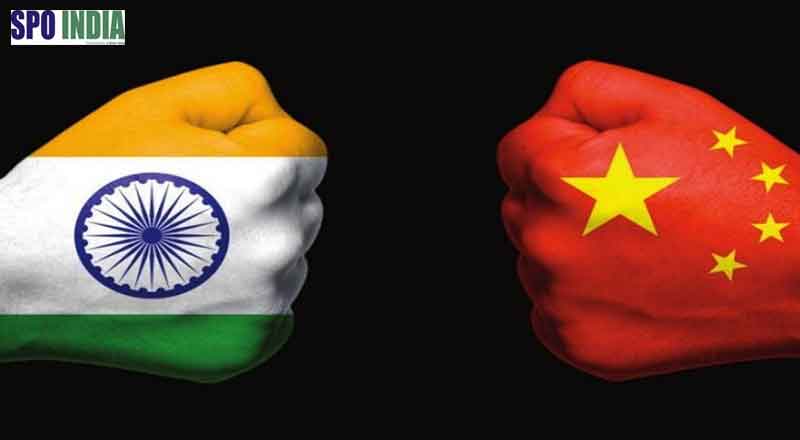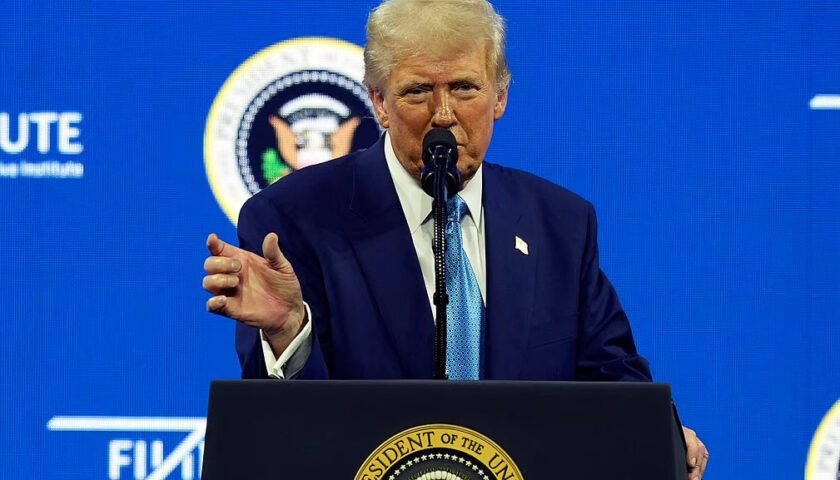Escalating tensions between India and China have negatively impacted Indian electronics manufacturers. The industry has incurred an estimated $15 billion in production losses due to the tensions.
These tensions are estimated to be responsible for around 100,000 job cuts in the electronics manufacturing sector. Indian electronics manufacturers faces the heat with this issue.
This comes amid protracted delays in issuing visas to Chinese citizens and government probes into Chinese companies operating in India. This is despite India setting up a mechanism to clear business visa applications within 10 days.
The India Cellular and Electronics Association (ICEA) and Manufacturers Association of Information Technology (MAIT) are advocating for faster visa approvals for Chinese executives working in India. The delay in visa approvals, currently exceeding a month, is hindering the growth of the Indian electronics industry.
There are a couple of factors at play:
-
- Visa delays: Protracted delays in issuing visas to Chinese executives are hindering expansion plans for Indian manufacturers
- Government probes: Investigations into Chinese companies operating in India have also created uncertainty and disrupted operations
This situation highlights the complex relationship between India and China, two economic giants in Asia. The Indian government will need to weigh the economic benefits of faster visa approvals against any potential security risks. This situation highlights the delicate balance between economic growth and national security concerns.
According to industry executives, 4,000-5,000 visa applications of Chinese executives are currently awaiting government go-ahead, hindering the Indian electronics manufacturing industry’s expansion plans.
These executives are needed for technology and skills transfer, installing and commissioning production units, setting up efficiency processes, and conducting maintenance, executives said. Also stuck in the backlog are visa applications for leadership teams of Chinese firms invited to set up manufacturing units here in partnerships with local companies, the executives told the Economic Times.





